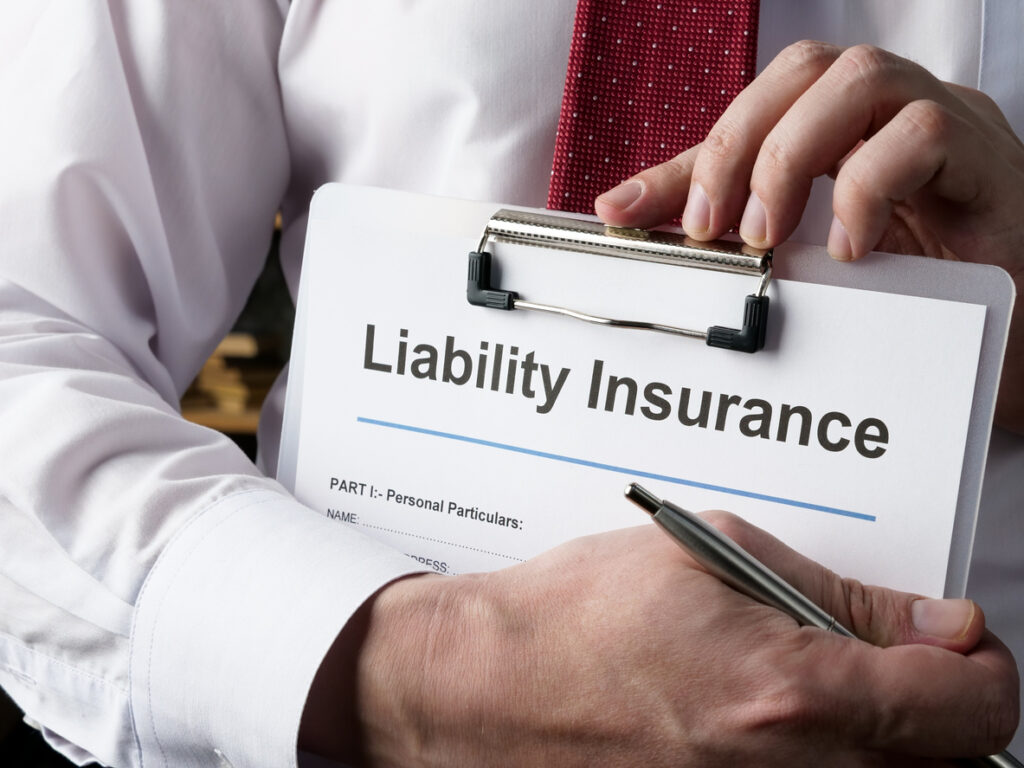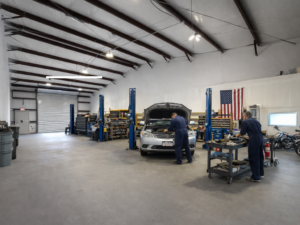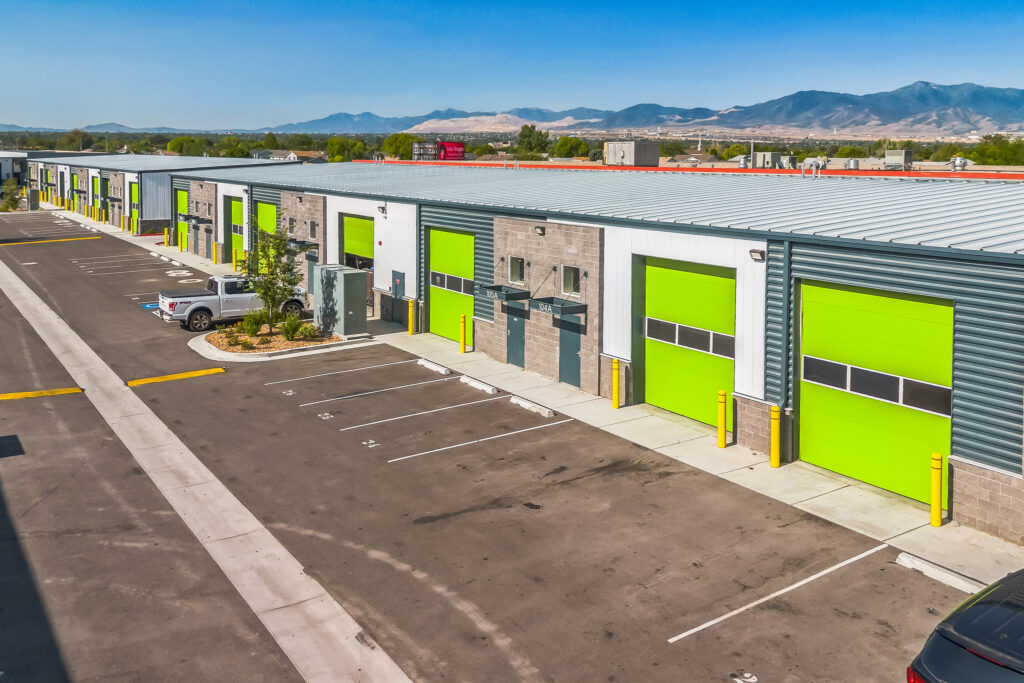Running a business comes with risks—no matter how careful you are. A customer could slip on your shop floor, a tool could damage a client’s property, or your advertising could unintentionally infringe on someone else’s work. Any one of these could lead to a costly claim.
That’s where Commercial General Liability (CGL) coverage comes in. It’s one of the most common and important types of business insurance, designed to protect you against everyday risks that could otherwise drain your finances. In this post, we’ll explain what CGL coverage is, what it does (and doesn’t) cover, and how to know if it’s right for your business.
What Is Commercial General Liability (CGL) Coverage?
Commercial General Liability (CGL) coverage is a type of business insurance that protects you from claims of bodily injury, property damage, or personal and advertising injury caused by your business operations. In plain terms, it helps cover the costs if your work accidentally harms someone or something.
It’s considered “foundational” insurance because it covers the kinds of incidents that almost any business could face. From contractors working on job sites to shop owners with walk-in customers, CGL coverage is often the first policy business owners put in place.
Unlike specialized insurance that applies only in certain situations, Commercial General Liability Coverage is broad and versatile. Whether you run a one-person operation or manage a growing team, this coverage helps shield you from claims that could otherwise put your business at serious financial risk.
What Does CGL Coverage Protect Against?
Commercial General Liability coverage is designed to protect businesses from the kinds of risks that can happen on any given day. Even if you operate carefully and responsibly, accidents and misunderstandings are part of doing business. Without protection, a single incident could lead to costs that overwhelm a small business. CGL coverage steps in as your financial shield, covering a wide range of common claims.
Bodily Injury
This coverage applies if someone who isn’t an employee is injured as a result of your business operations. It can cover medical expenses, legal fees, and even settlements if you’re found liable.
- Example: A customer visiting your shop slips on a wet floor and requires medical treatment. Your CGL policy can cover their medical bills and protect you from a lawsuit.
- Example: You’re working on a client’s property and a passerby trips over your equipment. Without coverage, you’d be responsible for the damages personally.
Property Damage
If you or your employees accidentally damage someone else’s property, CGL helps cover the costs of repair or replacement.
- Example: While installing drywall, a worker damages the client’s plumbing system.
- Example: You drop a tool that cracks an expensive tile floor. In both cases, your CGL policy can step in to cover the loss.
Personal and Advertising Injury
CGL also extends beyond physical risks to cover certain reputational and intellectual property claims. This includes libel, slander, wrongful eviction, and even accidental copyright infringement in your advertising.
- Example: A competitor claims your new marketing ad copies their tagline.
- Example: A social media post from your business unintentionally harms another company’s reputation. In these cases, CGL can help with legal defense and damages.
Legal Defense Costs
Defending your business in court can be expensive—even if the claims are baseless. CGL helps cover attorney fees, court costs, and settlements, which means you’re not left paying thousands of dollars just to prove your innocence.
- Example: A customer sues after an accident on your property, but the case is thrown out. Even though you win, your legal fees are still covered.
In short, Commercial General Liability Coverage is designed to handle the kinds of risks that almost every business faces at some point. It’s not about expecting accidents to happen—it’s about being prepared when they do. By covering injury, property damage, personal harm, and legal defense, CGL provides peace of mind and a safety net that allows you to keep focusing on your business instead of worrying about “what ifs.”
What’s Not Covered by CGL
While CGL coverage is broad and versatile, it doesn’t cover everything. Knowing the limits of your policy is just as important as knowing what it protects. Many business owners assume they’re covered in every situation, only to find out too late that certain risks require separate policies.
Here are the main exclusions to keep in mind:
Employee Injuries
If one of your employees is injured on the job, CGL won’t cover their medical costs or lost wages. Those claims are handled by workers’ compensation insurance, which is legally required in most states once you hire staff. For example, if a worker strains their back lifting heavy equipment, that falls under workers’ comp—not your CGL policy.
Professional Mistakes
CGL doesn’t protect against claims related to errors, omissions, or professional advice. If a mistake in your work or recommendations causes financial loss for a client, you’ll need professional liability insurance. For example, if a contractor installs wiring incorrectly and it delays a project, CGL won’t apply—professional liability would.
Damage to Your Own Property
CGL only covers damage to someone else’s property. If your own workshop, tools, or inventory are damaged, destroyed, or stolen, you’d need a property or equipment policy to be covered. For instance, a fire at your warehouse that destroys your own equipment wouldn’t be covered by CGL.
Auto Accidents
Any accident involving a business vehicle falls outside of CGL coverage. If you rely on a van, truck, or fleet to do your work, commercial auto insurance is essential. Without it, damages and liability from an accident would come out of pocket.
Intentional Acts
CGL covers accidents—not deliberate harm. If an employee or business owner intentionally causes damage or injury, those claims will not be paid out. Insurance is designed for the unexpected, not actions taken on purpose.
CGL is a strong foundation, but it’s not the whole picture. It protects against many of the everyday risks businesses face, but it needs to be paired with other types of coverage—like workers’ compensation, professional liability, commercial auto, or property insurance—for complete protection. Think of CGL as the starting point: a baseline safety net that works best when combined with additional coverage tailored to your trade or industry.
Who Needs Commercial General Liability Coverage?
The short answer: almost every business. Whether you work with your hands, run a storefront, or sell products online, there’s always a chance of accidents, property damage, or legal claims. Commercial general liability coverage provides a safety net that applies across industries, making it one of the most common and essential policies for business owners.
Here are some of the businesses that benefit most:
Contractors and tradespeople
If you’re working on client sites, the risks are higher—equipment in walkways, tools near client property, or unexpected jobsite accidents. Commercial general liability coverage ensures that if something happens, you’re not paying for it yourself.
Retail and storefront businesses
Anytime customers step into your space, the chance of injury or property damage goes up. From a customer slipping on a wet floor to accidental damage in your shop, this coverage protects you against costs that could otherwise be devastating.
Service businesses working on client property
From cleaners to IT contractors, if your work takes you into client homes or offices, you could accidentally cause damage or injury. Commercial general liability coverage helps you resolve the situation professionally without draining your finances or damaging your reputation.
E-commerce businesses with physical products
Even online businesses can face liability claims if a product injures a customer or damages their property. General liability coverage extends protection to businesses that don’t interact face-to-face with clients but still carry product-related risk.
Small businesses and startups
For new businesses, the stakes are especially high. Without financial reserves to absorb unexpected costs, one claim could shut your doors. Having liability coverage from the start helps you protect your business while you grow.
The reality is, nearly every business can benefit from commercial general liability coverage. If your work involves people, property, or products—and most businesses do—this coverage should be considered essential. It’s not just about checking a box for compliance or contracts; it’s about creating a safety net that allows you to focus on your work with confidence, knowing you’re protected if something unexpected happens.
How Much Coverage Do You Need?
When it comes to commercial general liability coverage, one of the most common questions business owners have is: “How much is enough?” The truth is, the right amount depends on your industry, the size of your business, and the types of risks you face.
Typical Coverage Limits
Most CGL policies start with coverage limits of $1 million per occurrence (per claim) and $2 million aggregate (the maximum the policy will pay during the policy term, usually a year). For many small businesses, this is a good starting point and provides a solid layer of protection.
Factors to Consider
- Industry risks – A contractor working on construction sites faces higher risks than a consultant working from home. Higher-risk industries often need higher coverage limits.
- Client or contract requirements – Some clients, especially larger corporations or government agencies, may require proof of a certain coverage limit before hiring you.
- Business assets – The more assets you have to protect—tools, equipment, property, or savings—the more coverage you’ll want in place.
- Public interaction – If you frequently work in clients’ homes, run a storefront, or have a steady stream of visitors, your exposure is higher and may justify higher limits.
When to Increase Coverage
If you’re moving into bigger projects, expanding your staff, or signing contracts with stricter requirements, it may be time to increase your policy limits. Some businesses also add an umbrella liability policy, which provides additional coverage on top of their CGL policy for extra protection.
In short, commercial general liability coverage isn’t a one-size-fits-all policy. It should grow with your business. Starting with standard limits makes sense for most small businesses, but as your projects and responsibilities expand, your coverage should expand with you.
How to Get CGL Coverage
Securing commercial general liability coverage is a straightforward process, but it pays to take your time and compare options. The right policy should match both the risks you face and the contracts you’re trying to win.
Go through an insurance provider or broker
You can purchase CGL coverage directly from insurance companies, but many business owners prefer working with a broker. Brokers represent multiple insurers and can help you compare policies side by side, saving you time and helping you find the best fit for your trade.
Consider a Business Owner’s Policy (BOP)
Many insurers bundle general liability coverage with property insurance and business interruption coverage in what’s called a Business Owner’s Policy. A BOP can often save you money compared to purchasing each policy separately, while still providing the coverage you need.
Gather your business details
Before applying, be prepared to share key details like your business type, years in operation, annual revenue, and number of employees. Insurers use this information to calculate your risk level and premium.
Compare coverage limits and exclusions
Don’t just look at the price. Pay attention to coverage limits, deductibles, and exclusions. One policy might look cheaper but exclude risks that are common in your trade, leaving you exposed.
Review client and contract requirements
If you’re bidding on larger projects or working with corporate clients, check whether they require specific liability limits. Make sure your policy meets—or exceeds—those thresholds.
Keep your policy updated
As your business grows, revisit your coverage. Taking on bigger jobs, adding staff, or buying more equipment are all signs that it’s time to reassess your policy and potentially increase your limits.
Getting CGL coverage isn’t just about protecting your business—it’s about opening doors. Many clients won’t work with contractors or small businesses unless they can provide proof of insurance. Having a solid policy in place not only protects you, it helps you compete for bigger, better opportunities.
A Foundation Every Business Needs
Accidents, mistakes, and unexpected claims are part of running a business—but they don’t have to put your future at risk. Commercial general liability coverage provides a financial safety net that protects you from the most common risks: injuries, property damage, and legal claims.
Whether you’re a contractor on a job site, a retailer with walk-in customers, or an e-commerce seller shipping products nationwide, CGL coverage is one of the most important protections you can put in place. It’s not just about compliance—it’s about stability, credibility, and peace of mind.
At WorkBay, we know that protecting your business goes beyond insurance—it also means having the right space to grow. Our move-in ready, trade-friendly units give you the professional foundation you need, while coverage like CGL ensures you’re protected when the unexpected happens.
See available locations, schedule a tour, or talk to our team today.





